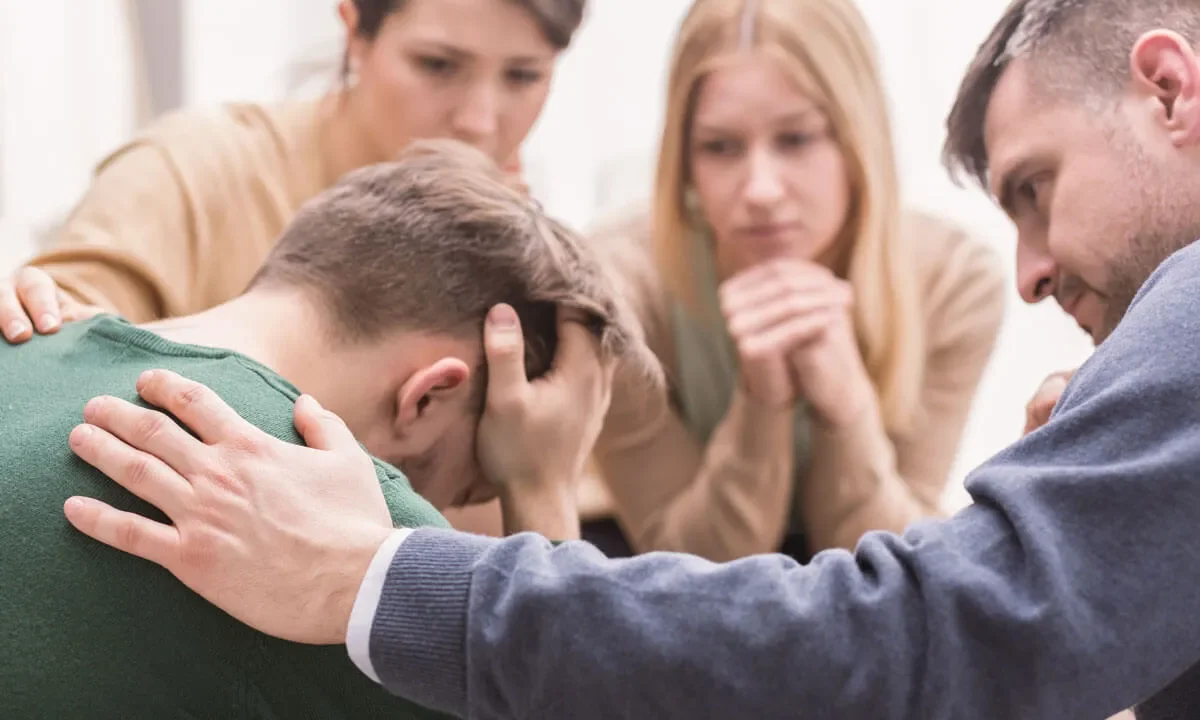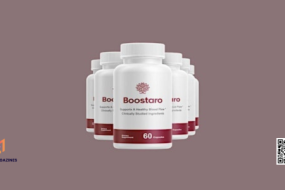
Entering drug treatment is one of the most crucial stages in overcoming addiction and fostering personal growth. Drug rehab centres provide people with all the tools.
Furthermore, assistance they need to address underlying problems, learn coping mechanisms, and start again. In this post, you will look at five main ways that drug rehabilitation fosters human health development.
1. Drug rehab Self-Reflection and Awareness:
Any reputable Drug Rehab in Austin provides people with a controlled setting that promotes introspection and personal development. Therapy sessions are essential to these programs because they help participants become more self-aware and understanding.
Through a variety of treatment modalities, including group therapy or cognitive-behavioral therapy (CBT), participants explore the root causes of their addiction.
They study their feelings, ideas, and actions in a comforting and nonjudgmental environment, which makes significant discoveries and advancements possible. Self-reflection enables people to face their prior experiences, deal with unsolved difficulties, and create healthy coping strategies.
Through the incorporation of self-awareness methods into their recovery process, participants in Austin drug rehab programs may establish a strong basis for sustained sobriety and overall wellness.
2. Drug rehab Goal Setting and Achievement:
Setting and achieving goals is a crucial part of the drug treatment process because it gives patients the confidence to take charge of their recovery and work toward positive change.
Individuals are encouraged to develop precise, measurable, attainable, relevant, and time-bound (SMART) objectives that are in line with their beliefs and ambitions through collaborative goal-setting sessions with counselors and therapists.
These objectives could cover various areas in their lives, such as relationship development, personal development, job progress, and sobriety. Individuals may measure their progress and celebrate their accomplishments along the way.
Furthermore, strengthening their commitment to recovery by breaking down bigger goals into smaller, more attainable stages. Reaching these objectives gives one a feeling of direction, achievement, and self-efficacy, increasing self-worth and inspiring one to keep progressing.
3. Building Healthy Relationships:
Since drug misuse frequently destroys interpersonal connections and strains familial, societal. Furthermore, community bonds, developing healthy relationships is an essential part of addiction rehabilitation.
Drug treatment centers understand how critical it is to mend and reestablish these connections in order to promote sustained sobriety and general well-being.
In order to promote healthy relationships with loved ones, people acquire effective communication skills, conflict-resolution approaches. Moreover, boundary-setting procedures through individual and group therapy sessions.
Family therapy sessions offer a secure environment for candid communication, enabling family members to voice their worries, deal with previous traumas, and strive toward healing.
Drug treatment programs may also provide relationship-building seminars or support groups, giving participants a chance to interact with like-minded others who can relate to their experiences and objectives.
4. Developing Coping Skills:
The foundation of drug recovery programs is the development of coping skills, which enable people to deal with life’s pressures and triggers without using drugs as a coping mechanism.
Drug treatment centers include a range of educational materials and therapeutic approaches to assist patients in developing positive coping skills.
The widely used techniques of dialectical behavior therapy (DBT) and cognitive-behavioral therapy (CBT) teach people how to identify and confront harmful thought patterns. Moreover, create efficient problem-solving techniques, and healthily control their emotions.
Furthermore, mindfulness-based activities like yoga and meditation encourage emotional control, stress reduction, and self-awareness, giving people useful tools to control urges and cravings.
Training in assertiveness, relaxation, and stress management methods adds more tools to people’s toolbox of coping mechanisms. However, giving them a wider variety of approaches to deal with obstacles in day-to-day living.
5. Embracing Personal Responsibility:
Accepting personal accountability is essential to drug recovery because it helps people go from a dependent to an empowered and self-governing condition. Drug treatment centers place a strong emphasis on understanding the part that individual decisions and actions play in addiction and recovery. People learn to accept responsibility for their choices, behaviors, and results via counseling, education, and support, realizing that they can influence their destiny. This mentality adjustment encourages people to feel empowered and in control of their lives, which inspires them to take an active role in their recovery process and make good life changes.
Accepting personal responsibility also means realizing how one’s actions affect others, including close friends and family and the larger community. By taking responsibility for their behaviors, people in recovery may mend broken relationships, regain trust, and strive to bring harmony back into their lives.
Conclusion:
Drug rehabilitation programs promote human development and transformation in addition to helping patients overcome their addictions.
People may escape the cycle of addiction and lay the groundwork for a better future full of rekindled purpose and fulfillment by dedicating themselves to drug rehab and being receptive to change.
AUTHOR (TALHA MUGHAL)
For more information, visit cosmosmagazines.com






